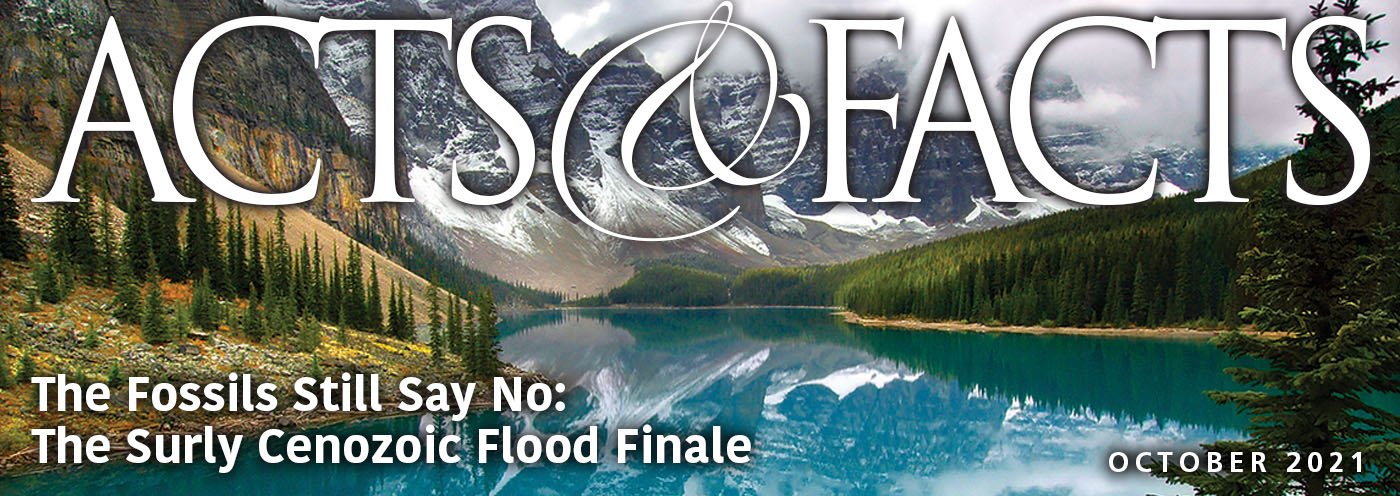Introduction
Deuteronomy
Introduction to Deuteronomy
The last of the five books of Moses is Deuteronomy, which means “second law” (from Greek deuteros and nomos, meaning “second” and “law,” respectively). The name is derived from the fact that Deuteronomy 5:6-21 reiterates the ten commandments as well as many of the other Mosaic laws as first given in Exodus, Leviticus and Numbers. The earlier laws are also enlarged and applied in various ways.
Deuteronomy also can be regarded as Moses’ valedictory, reviewing the history of the nation, especially since their escape from Egypt. The book actually includes three components, delivered at different times and places (see Deuteronomy 1:5; 4:46; 29:1), but all at various locations in the land of Moab just east of the Jordan River. Israel had been in the wilderness almost forty years, and was finally preparing to enter the promised land. Moses would not be able to go with them, but would die in the land of Moab after viewing Canaan from afar (Deuteronomy 34:1-6) and having turned the leadership over to Joshua (Numbers 27:18-23; Deuteronomy 31:7,14).
Frequently cited in the New Testament, Deuteronomy contains Israel’s great statement of monotheistic faith (Deuteronomy 6:4-6), as well as Christ’s “greatest” commandment (Deuteronomy 6:5). Jesus chose words from Deuteronomy to turn back the three temptations of Satan (Deuteronomy 6:13,16; 8:3). Remarkable prophecies of both blessings and curses on Israel are found especially in Deuteronomy 28 and 29. The Song of Moses is recorded in Deuteronomy 32 and his final prophetic blessings on each tribe (except Simeon) in Deuteronomy 33.
Moses wrote Deuteronomy, as the book itself frequently claims (Deuteronomy 31:9,24), and as all the evidence, both internal and external, confirms. Jesus often quoted from it, accepting the Mosaic authorship (e.g., Matthew 19:8, citing Deuteronomy 24:1-4). Moses’ authorship was accepted as such by all authorities, ancient and modern, Jewish and Christian, until the rise of evolutionary higher criticism in the 19th century. Since that time, most liberal scholars have denied that Moses wrote Deuteronomy, but they cannot agree as to when and by whom it was written. Some would attribute it to the time of David, others to the revival under King Josiah, and others to the post-exile period. Such speculation is mere fantasy, deriving from the evolutionary prejudices of skeptical theologians.
Beyond reasonable question, Moses wrote Deuteronomy at a time very near the end of his life. No doubt Joshua wrote the account of Moses’ death (Deuteronomy 34) and possibly certain other editorial explanations. He probably added these to the Mosaic document after Moses died, and then continued to preserve all the Mosaic writings by placing them in the ark of the covenant (Deuteronomy 31:24-26).







